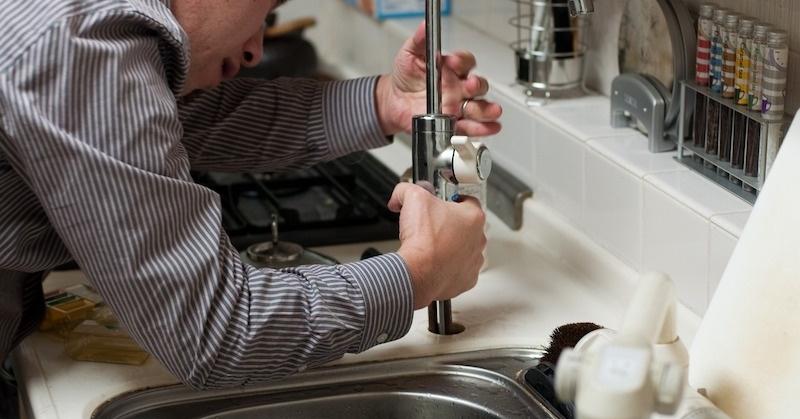From a dripping faucet to a sewer backup, plumbing issues are a common part of homeowner life. Some are simple enough to DIY, but others require professional help. Especially something like drain relining in Melbourne, you need to have a professional plumber look at your plumbing.
Knowing what to look out for can help you spot problems early and prevent costly repairs later on. This blog post will explore some of the most common plumbing issues and how you can tackle them.
Clogged Drains
Everyone gets a drain clog now and then, but repeated occurrences can indicate that there is a bigger problem. If at-home solutions such as plunging or drain snakes don’t solve the issue, it’s time to call in a plumber.
Clogs often result from food scraps, coffee grounds, grease, soap scum, hair, and other debris that build up over time. You may also notice foul odors coming from your drains if the blockage is severe.
To avoid a clog, try pouring one-half cup of salt and a cup of baking soda down the drain followed by boiling water. You can also use a drain line maintenance product such as Bio-Clean, which introduces good bacteria into the pipes and eliminates the buildup without damaging them. If you still experience slow or clogged drains, it could be a sign of a more serious pipe problem such as a leak, which can lead to expensive water bills, wood damage, and mildew in your home.
Leaky Pipes
Leaky pipes can cause significant water damage in your home if not addressed quickly. If you notice a puddle of water or see pooling water around the base of any plumbing fixtures, shut off your water supply and call a plumber. In some cases, the problem may be as simple as a loose plumbing fitting; in others, it could involve corrosion of your piping due to age or the minerals and acids in your water.
As the old saying goes, “one leak can sink a ship.” Even small issues like clogged drains or running toilets can add up over time and lead to bigger problems down the road. Luckily, many of these problems can be prevented with regular plumbing inspections and quick action when you notice the signs. That way, you can avoid the headaches of a major repair bill down the road.
Water Stains
Water stains are more than just unsightly; they can indicate serious plumbing problems. If you see white streaks or stains on your fixtures, this is an indication of hard water that contains high concentrations of calcium and magnesium. This kind of water isn’t unhealthy, but it can be difficult to clean and can damage your fixtures and pipes over time.
Other stains to look out for include pink stains, which are typically found on toilets, and red or rusty stains, which may indicate that your water has a low pH value, leading to copper pipe corrosion. This can lead to a number of issues, including pinhole leaks.
If you notice any of these signs in your home, contact a plumber right away. Leaving these common plumbing issues untreated can cause even more damage and create a health hazard for you and your family. While some fixes are within the realm of DIY skills, it’s always best to call in a professional.
Low Water Pressure
When water is not used frequently in a home, it tends to build up and cause low pressure. It can also happen if someone in your household uses water while another is washing clothes or using the toilet. Having your plumber check for issues like this can help you avoid low water pressure in the future.
Corroded pipes can restrict water flow, resulting in low pressure throughout the house. This is most common in older homes with galvanized steel water pipes that are prone to corrosion. It is possible to repair or replace these corroded pipes, but it is best to let a professional assess the situation before trying to do it yourself.
Clogged drains can be a major pain in the neck for homeowners. They can make your home smell and be a safety hazard, especially if the clog is caused by something dangerous like sewage backup. A plumber has the right tools to clear even the most stubborn drain clogs without damaging your plumbing system.





